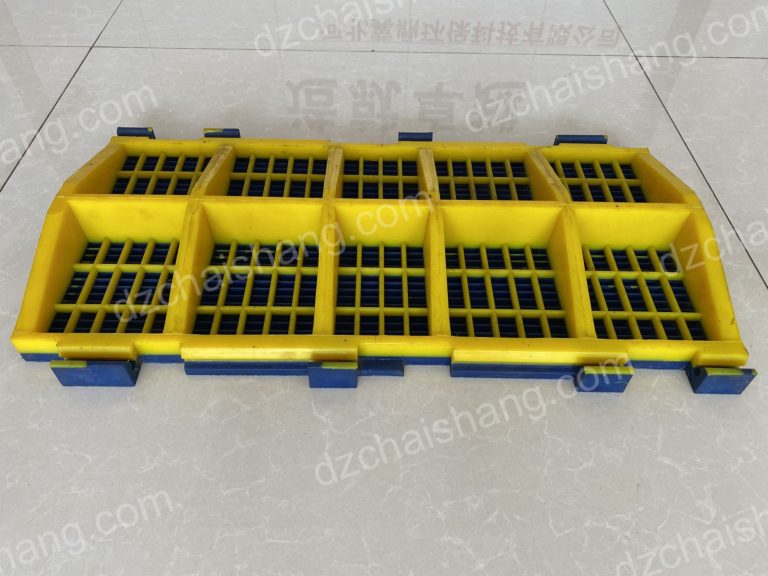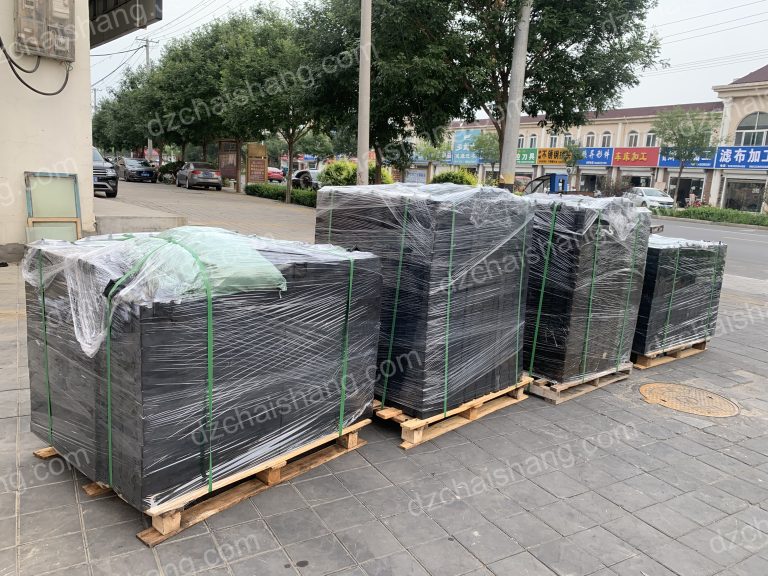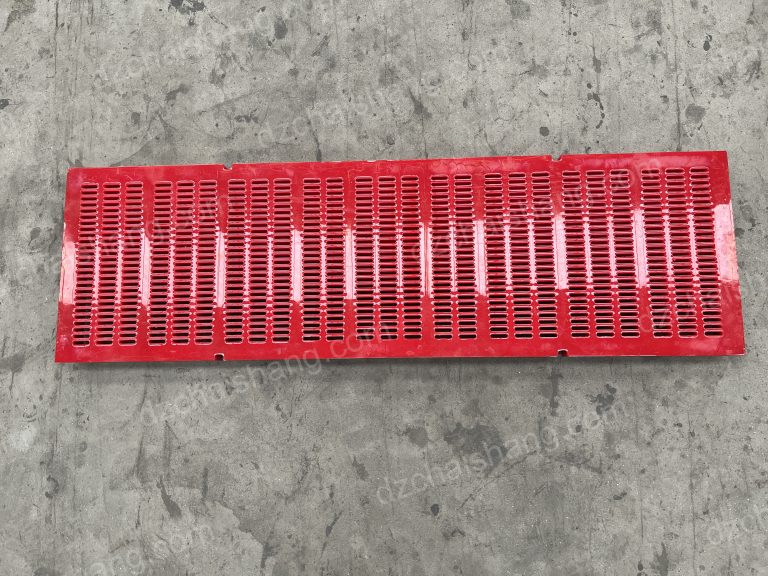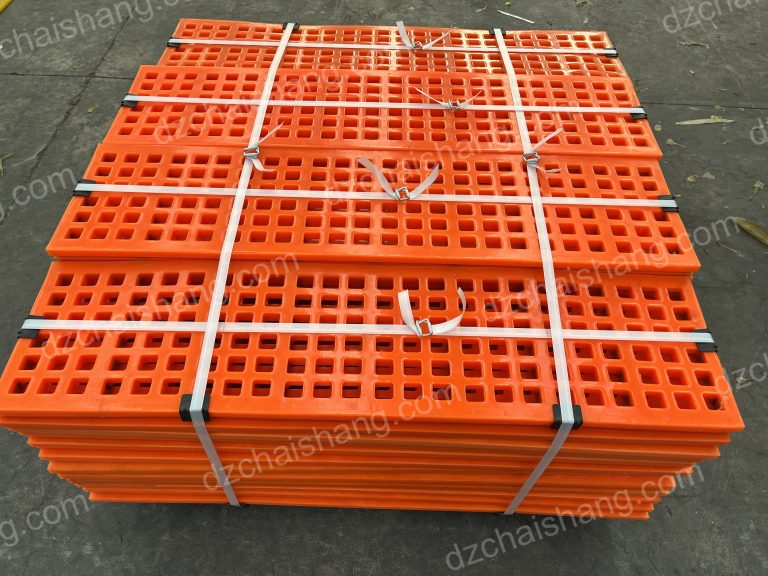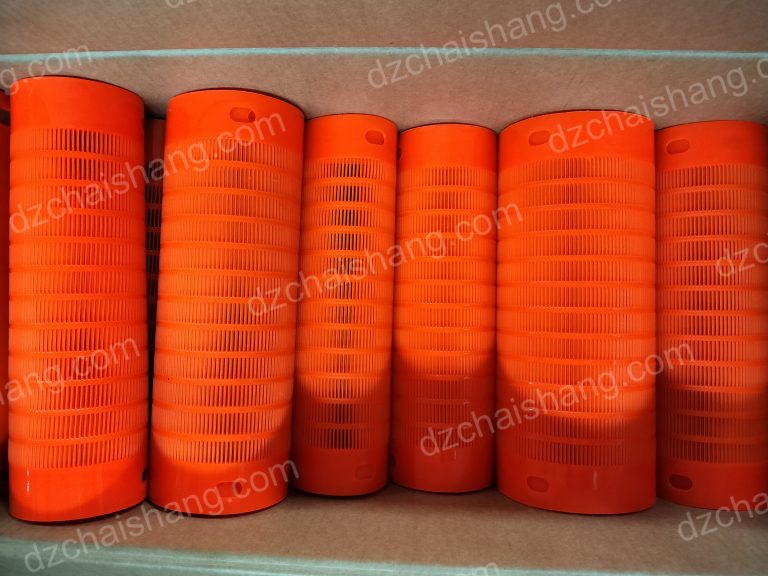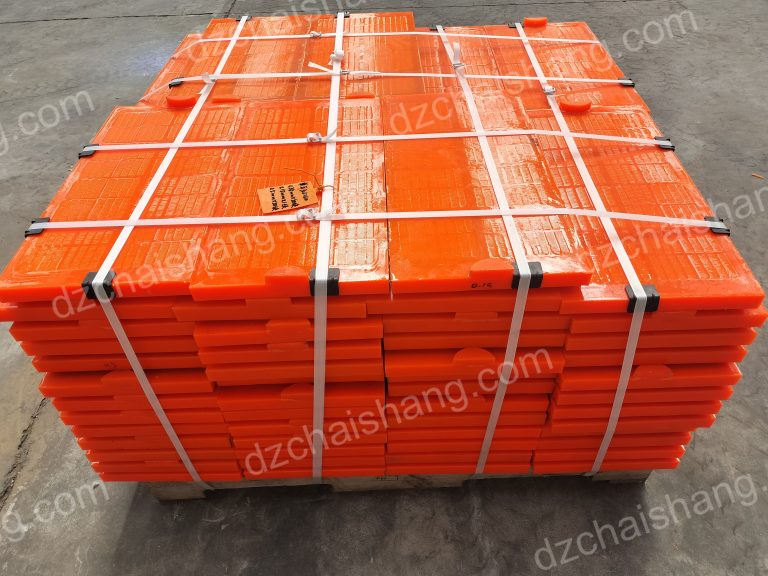商業建築PU板安裝的主要考量
探索PU網格板在工業應用上的優勢
除了功能優勢之外,PU 網格板還有助於環境的永續發展。 PU 板由可回收材料製成,具有低 VOC(揮發性有機化合物)排放的特點,是傳統建築材料的環保替代品。這符合人們對永續建築實踐的日益重視,可以幫助工業設施減少碳足跡。無論是安裝在倉庫、製造工廠或冷藏設施中,PU 板都能提供各種危險的持久保護,從而提高結構的安全性和耐用性。優勢,從效率和耐用性到隔熱和環境永續性。它們易於安裝、多功能性以及耐火和耐環境因素,使其成為工業建築專案的有吸引力的選擇。隨著產業不斷發展並需要創新的解決方案,PU 網格板將在塑造工業建築的未來方面發揮關鍵作用。
Exploring the Advantages of PU mesh panels for Industrial Applications
In the realm of industrial construction, efficiency and durability are paramount considerations. Every component, from the foundation to the finishing touches, plays a crucial role in ensuring the longevity and functionality of the structure. Among these components, panels serve as essential building blocks, providing structural support and insulation. In recent years, PU (polyurethane) mesh panels have emerged as a popular choice for various industrial applications due to their numerous advantages.
PU mesh panels offer a unique combination of strength, flexibility, and thermal insulation properties. Unlike traditional building materials such as wood or concrete, PU panels are lightweight yet exceptionally durable. This characteristic makes them ideal for industrial settings where heavy loads and harsh environmental conditions are common.
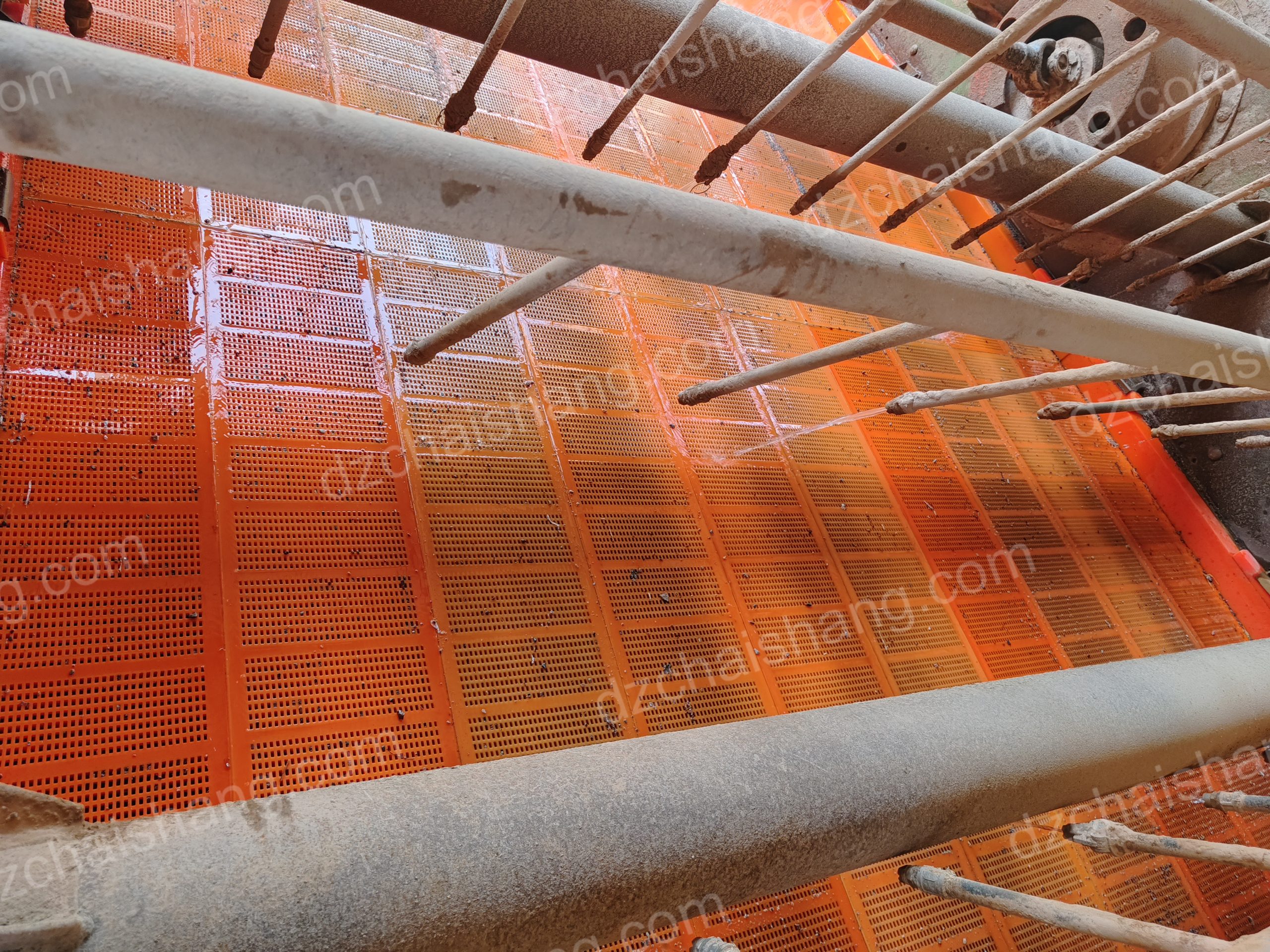
One of the key advantages of PU mesh panels is their ease of installation. Unlike traditional construction methods that may require extensive time and labor, PU panels can be quickly assembled, reducing construction time and costs significantly. This efficiency is particularly advantageous in fast-paced industrial environments where downtime must be minimized.
Furthermore, PU mesh panels offer excellent thermal insulation properties, helping to maintain a consistent temperature within the industrial facility. This not only improves energy efficiency but also creates a more comfortable working environment for employees. Additionally, the thermal insulation provided by PU panels can help prevent condensation and moisture buildup, reducing the risk of corrosion and damage to equipment and materials.
Another notable advantage of PU mesh panels is their versatility. Available in various sizes, thicknesses, and configurations, PU panels can be customized to meet the specific requirements of different industrial applications. Whether used for wall and ceiling insulation, partitioning, or cladding, PU mesh panels offer unmatched flexibility and adaptability.
In addition to their functional benefits, PU mesh panels also contribute to environmental sustainability. Made from recyclable materials and featuring low VOC (Volatile Organic Compound) emissions, PU panels are environmentally friendly alternatives to traditional building materials. This aligns with the growing emphasis on sustainable construction practices and can help industrial facilities reduce their carbon footprint.
Moreover, PU mesh panels are highly resistant to fire, moisture, and chemical exposure, making them suitable for a wide range of industrial environments. Whether installed in warehouses, manufacturing plants, or cold storage facilities, PU panels provide long-lasting protection against various hazards, enhancing the safety and durability of the structure.
In conclusion, PU mesh panels offer a host of advantages for industrial applications, ranging from efficiency and durability to thermal insulation and environmental sustainability. Their ease of installation, versatility, and resistance to fire and environmental factors make them an attractive choice for industrial construction projects. As industries continue to evolve and demand innovative solutions, PU mesh panels are poised to play a pivotal role in shaping the future of industrial architecture.

